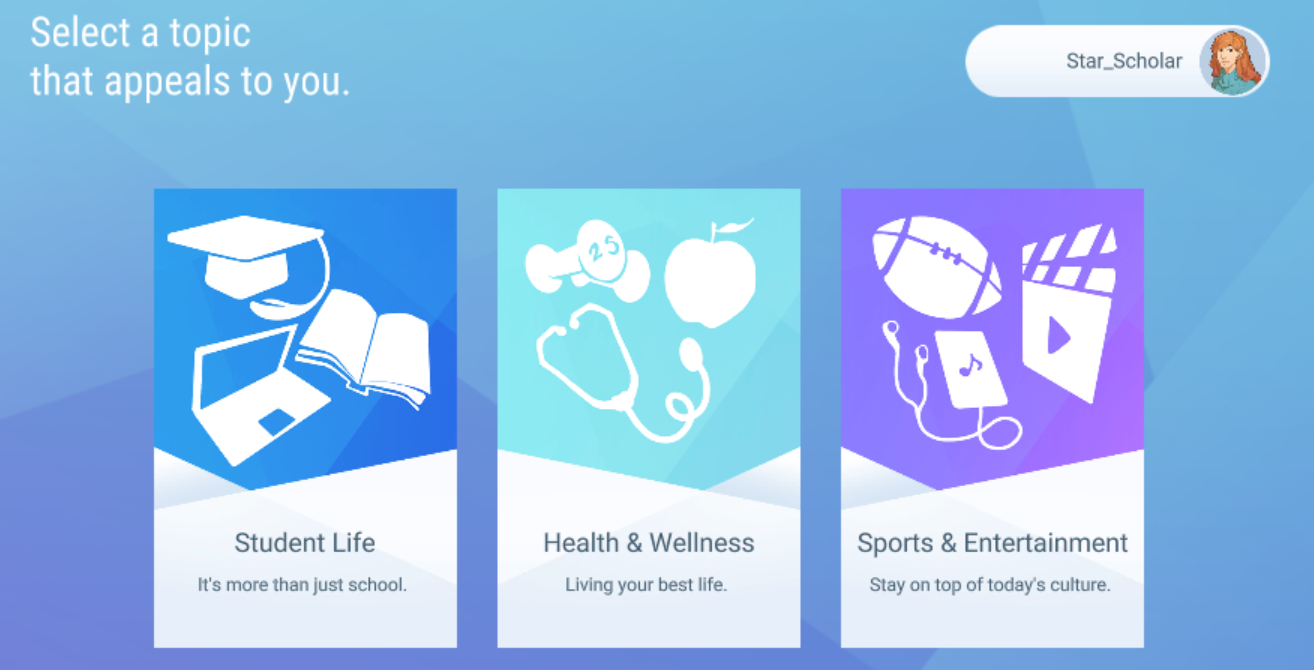News Literacy Week Educator Resources
Are you looking for ways to discuss News Literacy this week with your students? Regardless of content area, students can use these activities to practice making determinations about the quality of news sources and learn to recognize and identify a variety of media messaging.
Should You Share That? Quiz from the News Literacy Project
Students are asked to review social media posts and analyze their accuracy and credibility.
In this engaging quiz, students are asked to analyze a variety of social media posts to determine whether or not they would share the information with others as a reliable source of news. Students ask questions like “is this someone’s opinion, or a piece of information based on data? Why and who is sharing information? and What is the purpose of this information?”
https://newslit.org/educators/resources/should-you-share-it/
Get Smart About Covid-19 Quiz from the News Literacy Project
In this quiz students categorize public health information related to the Covid-19 pandemic using a variety of news clips, social media posts, images, video, charts and graphics. Students make determinations about whether the content is opinion or news, is supported by valid evidence or whether the source cited is reliable.
https://newslit.org/educators/resources/get-smart-about-covid-19/
Top 4 Tips To Spot Bad Science Reporting video from Above the Noise
In this video from PBS Learning Media’s Above the Noise Series, Myles Bess shares information and tips on how to spot bad science reporting. The video describes what it means for an academic study to be “peer reviewed,” what key words often mean an article is using clickbait, an how to ask questions about the information you read.
Newsfeed Defenders from iCivics
Newsfeed Defenders topic selection screen. Play using links (left.)
NewsFeed Defenders guides students through a scenario where they are responsible for maintaining accurate information on a social media site. Students select an area of interest and learn about elements of high-quality journalism and markers of deceptive posts. This hands-on learning is sure to keep students engaged.
Once you’ve worked through a few of these activities, have your students find their own videos, news articles, and social media posts to analyze and discuss. From those discussions, highlight students who’ve grown more critical about the information they find online.
We can all use a refresher for how to interact with the news we read online. This News Literacy Week, highlight examples of good and bad news with your students, and remind them of the impacts of misinformation and falsehood in the media.



